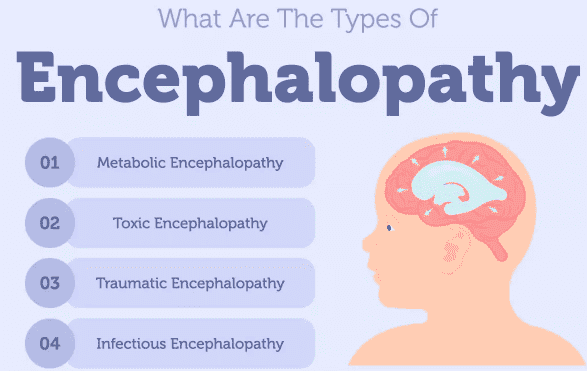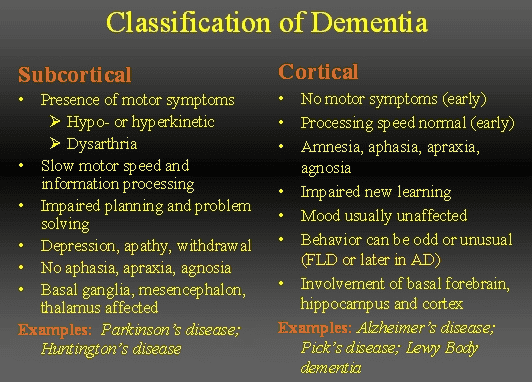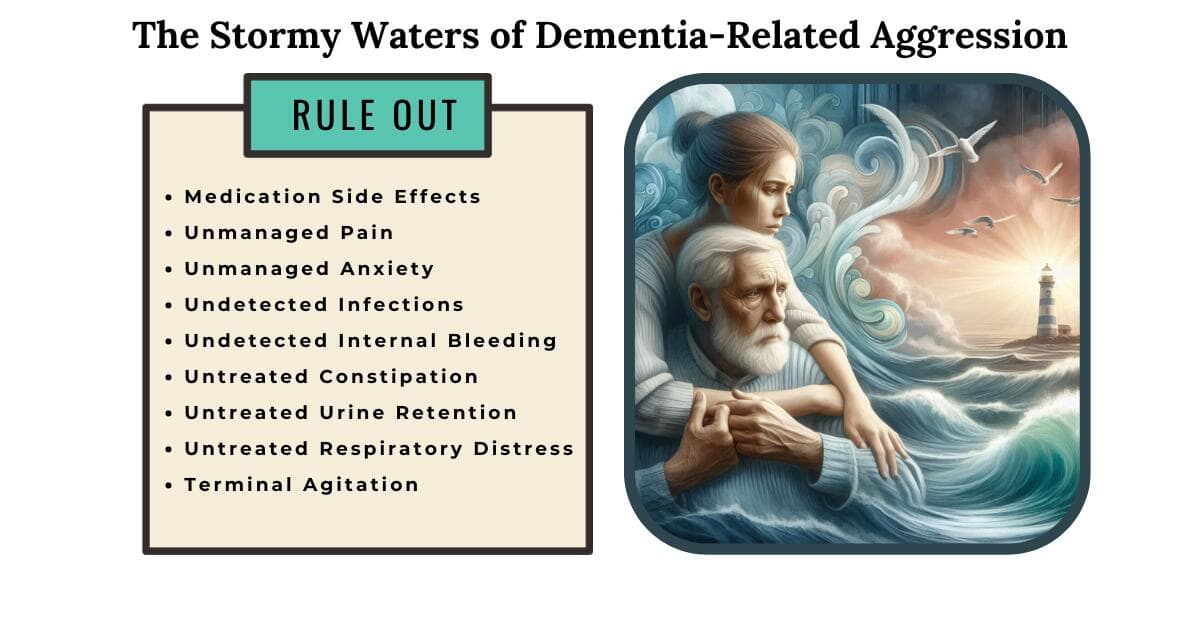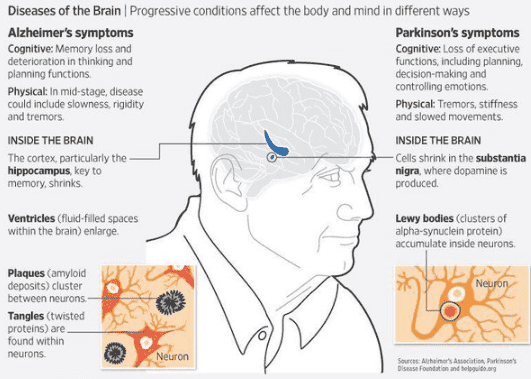
Caring for a Loved One in the Terminal Stage of Metabolic Encephalopathy
Caring for a loved one with terminal metabolic encephalopathy requires compassion and understanding. This guide provides insights into recognizing symptoms, adapting care strategies, and supporting the patient and caregiver through this challenging journey.

Pacemakers and Implantable Cardioverter Defibrillators: A Guide for Patients and Caregivers
Learn about the differences between pacemakers and ICDs, their functions, and the implications for patients and caregivers. Discover why pacemakers should stay on, and ICDs should be turned off at the end of life for comfort and dignity.

Chronic Traumatic Encephalopathy (CTE) Dementia: What You Need to Know
Learn about Chronic Traumatic Encephalopathy (CTE) dementia, its symptoms, diagnosis, and care strategies to support those affected and their families.

Cortical Dementia Explained: From Brain Function to Quality of Life
Learn about cortical dementia: its symptoms, treatments, and impact on daily life. Get empowered with essential knowledge to navigate this condition.

Adult Failure to Thrive: A Guide for Caregivers
Discover essential insights into Adult Failure to Thrive—a condition affecting older adults. Learn why early recognition and compassionate care are crucial for improving quality of life.

Making the Most of Adult Daycare for Your Loved One with Dementia
Adult daycare can be a great way to support your loved one with dementia. It offers engaging activities and social interaction, while giving caregivers some much-needed respite. Learn how to choose the right center and prepare for the transition.

How to Accompany a Loved One with Cognitive Decline to a Doctor Appointment
Discover practical strategies for supporting a loved one with cognitive decline during doctor visits. From preparation to follow-up, learn how to communicate effectively, respect autonomy, and handle sensitive topics. This guide offers valuable tips for caregivers to ensure productive appointments and quality care for their loved ones.

Understanding Oxygen Saturation in Hospice Care Navigating Through Numbers for Comfort and Quality of Life
Explore the role of oxygen saturation in hospice care, where comfort takes precedence over numbers. Learn how hospice teams prioritize quality of life, interpret vital signs differently, and make ethical decisions about oxygen use. Discover a compassionate approach focused on dignity and peace.

Understanding Aggression in Elderly Patients with Dementia
Dementia can lead to aggressive behavior in elderly patients, causing distress for both them and their caregivers. This comprehensive guide explores the underlying causes of aggression, from sleep disturbances to medication side effects, and offers practical, empathetic strategies for managing these challenging situations and improving the quality of life for all involved.

Navigating Care Plan Meetings: A Guide for Families of Terminally Ill Loved Ones
This comprehensive guide empowers families to navigate care plan meetings for terminally ill loved ones. Learn the significance of these meetings, how to prepare, communicate your loved one’s needs, and advocate for their best interests. Gain insights into recognizing when meetings are necessary and the benefits of regular care planning. Equip yourself with the knowledge to ensure your loved one receives personalized, dignified care aligned with their wishes.

Choosing Compassion: The Case for Hospice Care
When a loved one is facing a serious illness, it can feel like standing at a crossroads. Each path represents a different way to care for them in their time of need. It’s a moment filled with tough choices and deep emotions. This article thoroughly explains hospice care, its philosophy, and the benefits it provides to patients and families facing terminal illness. Learn about the decision-making process, the hospice experience, and how to navigate this difficult choice with dignity and love.

Parkinson’s vs. Alzheimer’s: Key Differences Explained
Dementia is a word we use to describe a significant change in the brain that makes it hard for people to remember things, think clearly, make decisions, or even control their emotions. It’s like a fog that slowly creeps in, affecting how a person thinks, feels, and lives daily. It’s not just one disease but a group of symptoms that can be caused by different diseases, including Parkinson’s and Alzheimer’s.
